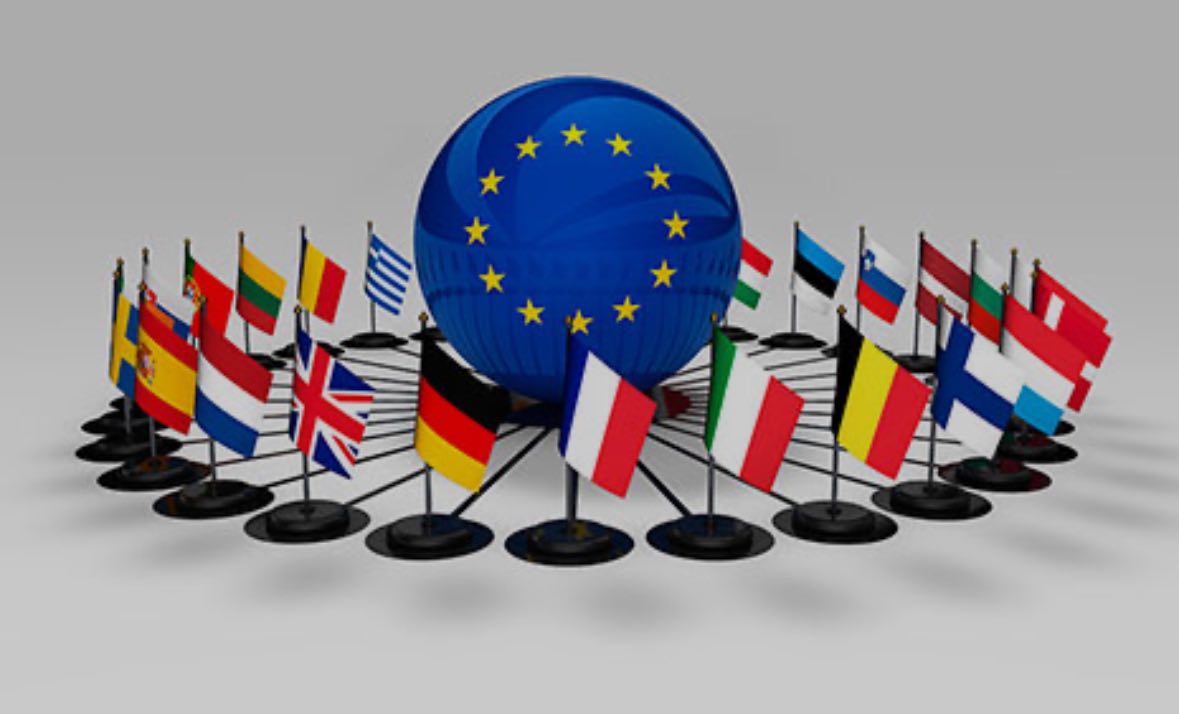Europe absent from the negotiation table between Iran and the USA
Europe absent from the negotiation table between Iran and the USA
Where does Europe stand in the fast-paced negotiations between Tehran and Washington?
Has it left the stage to Washington’s initiatives, as it did with the UN in Gaza, Lebanon, Syria, and to a large extent in Ukraine?
Does it want to currently be an observer of a scene whose future developments are still shrouded in uncertainty?
Thus, has the old continent, led by the British-French-German trio, chosen passivity?
Or does it cleverly, while maintaining its critical reservations about Donald Trump’s arrogant policies, prefer a wait-and-see approach over any immediate reaction?
Whatever the case, Europe and its main representatives, the European trio, do not have a clear position in the fast-moving negotiations between Tehran and Washington.
This is while, despite opposing any return of Russia to the global community, they witness the increasing role of Moscow in negotiations that Europeans had previously not succeeded in conducting.
This failure is highlighted when Tehran’s relations with Brussels, the headquarters of the European Union, have become more tense than ever, reaching the brink of triggering the snapback mechanism.
However, another event could cause more discontent for Europe and be another reason for Trump’s determination to sideline Europe: the holding of the second round of Tehran-Washington negotiations in Rome.
This implies ignoring the European trio and, consequently, the European Union, while highlighting the Italian government as one of the governments aligned with Trump’s approach to further isolate Europeans who do not agree with Trump’s policies.
This disagreement not only concerns tariff policies but also his critical approach to the common alliance in NATO, climate programs, Israeli territorial expansion in Gaza and Ramallah, leniency towards Vladimir Putin for accepting ceasefire conditions in Ukraine, border disputes with Canada and Mexico, and gaining independence in the Suez Canal, and it deepens every day.
Trump has not shown a clear position for the International Atomic Energy Agency in his technical dialogue with Tehran over nuclear technology.
An example of this claim is Rafael Grossi’s ambiguous presence in Rome during the second round of Tehran-Washington talks.
It is still unclear how much Washington will inform Europe about the content and results of its talks with Tehran, but it is clear that Trump considers himself obliged to transfer his information to Tel Aviv and does not refrain from public announcements.
He wants to register whatever achievements come out of the talks in his name and present them for sale to public opinion inside and outside the United States.
But does Europe continue with the current situation, or is it waiting for an opportunity to assert its role to all parties based on a wait-and-see policy?
The European trio still holds the threat of activating the snapback mechanism and prefers to resolve differences with Tehran within the framework of technical talks with the nuclear agency and political dialogues with all Western parties.
They have not backed down from the slogan of agreeing on everything or not agreeing on anything, or at least they have not spoken newly on this matter.
Tehran has adopted a realistic approach to accepting dialogue with Washington.
In other words, Tehran has entered into talks with the belief that any agreement or lack thereof will ultimately be possible only with Washington’s direct role. Tehran’s assurances in this regard are the sympathies Moscow and Beijing have with it.
However, Iranian negotiators must be cautious not to put all their eggs in a basket that could suddenly break.
Maintaining relations with Europe and keeping windows open for mending relations with it will first influence moderating Washington’s increasing demands.
Secondly, it keeps the windows open, even halfway, for maintaining relations with the global community.
Washington’s provocative actions against Europe cannot mean Tehran aligning with this approach.
Interestingly, Marco Antonio Rubio, Trump’s Secretary of State, one day before the start of the first round of Tehran-Washington talks, called for the activation of the snapback mechanism by the European trio during his trip to Paris.
He expressed this demand as a threat against Tehran in case the talks fail.
Tehran needs to act cautiously in this regard.
In any case, amidst the fast-paced Tehran-Washington talks, the prominent question is where Europe stands in this process.

